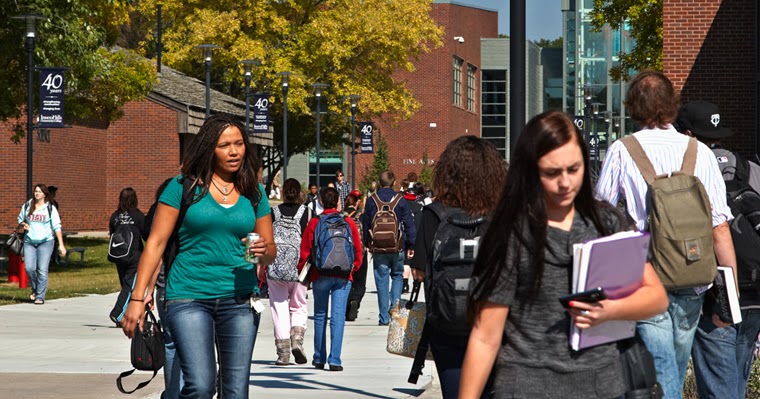Swiss students satisfied with life

PISA is best known for its data on learning outcomes, but it’s 2015 edition also studied students’ satisfaction with life, their relationships with peers, teachers and parents, and how they spend their time outside of school.
Students in some of the countries that top the PISA league tables in science and mathematics reported comparatively low satisfaction with life; but Estonia, Finland, the Netherlands and Switzerland seem able to combine good learning outcomes with highly satisfied students.
“Finland, the Netherlands and Switzerland seem to manage to combine good results with a high level of happiness,” the authors of the study wrote in the preface.
The most satisfied pupils were in the Dominican Republic, Mexico, Costa Rica and Croatia. On a scale of one to ten, the Swiss 15-year-olds had an average happiness level of 7.72.
The report was released on Wednesday by the Organisation for Economic Co-operation and Development (OECD), which includes 35 industrialised countries. The assessment of student well-being is based on data from 2015, tied in to the Programme for International Student Assessment (PISA) tests. These focus on science, mathematics and reading. The 2015 findings are based on a survey of 540,000 students in 72 participating countries and economies in three subjects; science, mathematics and reading.
But the Swiss youth are less ambitious than most, the study found. Only 40 percent wanted to be among the best in the class compared with 60 percent across the OECD.
Swiss youth also had a more relaxed attitude to exams than most of their counterparts: 33.5 percent said they were very nervous before a test compared with an OECD average of 55.5 percent.
The study found that pupils who call themselves ambitious—which it describes as a proxy for self-driven effort—are less likely to say they feel anxious about a test than those who do not. Conversely, students who said they aspired to be one of the best students in their class—which the OECD interprets as being motivated primarily by their rank among peers—tended to report more anxiety than their less competitive classmates.
On average across OECD countries, 59% of students reported that they often worry that taking a test will be difficult, and 66% reported that they worry about poor grades. Some 55% of students say they are very anxious for a test even if they are well prepared. “In all countries, girls reported greater schoolwork-related anxiety than boys and anxiety about schoolwork, homework and tests is negatively related to performance,” reads the report.

